Rivercide: live-streamed documentary investigates river pollution in England and Wales
Earlier this week a new live-streamed documentary, Rivercide, was broadcast. The documentary, presented by environmentalist George Monbiot, investigates the impacts of pollution on British rivers.
“Our rivers should be beautiful, complex ecosystems,” says Monbiot. “But on our watch, they’ve become open sewers, poisoned by sewage and farm slurry. They’re dying before our eyes.”
Broadcast live from the banks of the River Wye, which runs between England and Wales, Rivercide features interviews with conservation scientists, wild swimmers, anglers, politicians, local residents and citizen scientists to document the ecological impacts of rising agricultural and urban pollution in the river catchment.
“Last year raw sewage was released into English rivers over 400,000 times, for over 3 million hours,” says Monbiot. “The Mogden Sewage Treatment Works in Twickenham spewed 3.5 billion litres of raw sewage into the Thames last year. On one day in October, they spilled over a billion litres, which is the equivalent of over 400 Olympic-sized swimming pools of raw sewage.
“As well as releasing faecal bacteria and other nasty chemicals into our water, untreated sewage includes pollution in the form of wet wipes and sanitary towels, leading to build-up of microplastics. And yet, nationally, sewage isn’t even the biggest polluter of our rivers. Agriculture is the sector responsible for most river pollution,” says Monbiot.
The documentary highlights how the regulatory bodies responsible for environmental regulation in rivers in England and Wales – the Environment Agency and Natural Resources Wales, respectively – have been subject to significant budget cuts in the last decade.
“Rivercide shows how the agencies charged with protecting our rivers have been progressively under-funded and under-resourced and are failing to adequately monitor water quality and enforce action against polluters,” says Monbiot. “For example, at current rates, the average farm can expect to be inspected by the Environment Agency once every 263 years.
“Rivercide investigates who’s polluting our rivers and why we’re allowing them to get away with it. We examine acute pollution incidents too – for example the tragic pollution of the Afon Llynfi in Wales which occurred last July, killing over 10,000 fish,” says Monbiot.

The documentary, produced on a limited Kickstarter-supported budget using mobile phone and drone streaming techniques, also features contributions from singer Charlotte Church and poets Owen Sheers and Benjamin Zephaniah.
“Rivercide is the antithesis of those deathly Zoom calls we’ve all had to endure this last year,” says award-winning director Franny Armstrong. “Yes, it’s using the same technology, but in spirit it’s the anarchic offspring of Springwatch and Challenge Anneka.
“You’d be hard pressed to find a single person in this country who actively wants dirty rivers. And yet every single one of the rivers, lakes and streams that’s monitored in England is now polluted. How can that be? That’s the mystery which Rivercide is setting out to solve – live, in real time.”
The documentary is produced in support of the River Action organisation’s ‘Give Us Back Our Rivers’ campaign, which calls for a doubling of funding for the Environment Agency in England and Natural Resources Wales in Wales.
“It’s madness that we live in a time of cars that drive themselves and fitbits for dogs and yet we put raw sewage into our rivers and allow 20 million chickens to poo into a single river catchment,” says Armstrong. “After a year of lockdown, we’re now a nation of wild swimmers and nature lovers – just imagine how much more fun we’d all be having if our rivers were safe and healthy again, both for wildlife and for people?”
+++





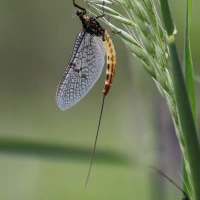
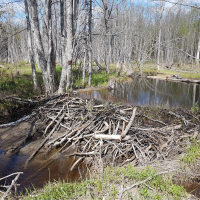

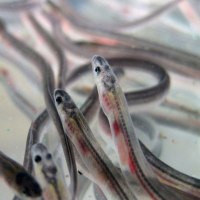

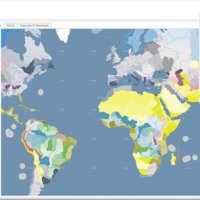
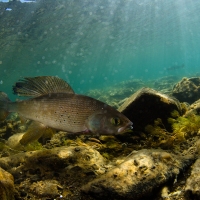

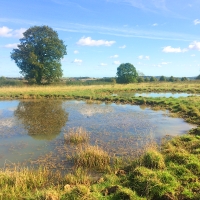

Comments are closed.